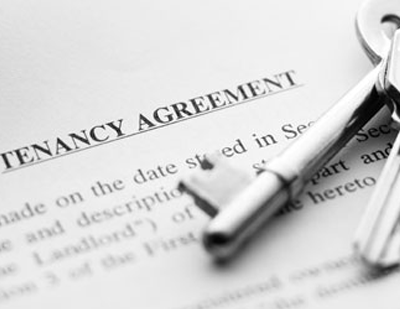Homes (Fitness For Human Habitation) Bill from Estates IT

Making its way through the House of Commons, Labour MP Karen Buck's Homes (Fitness for Human Habitation) Bill 2017-19, is seeking to amend relevant sections of the Landlord and Tenant Act 1985 by extending its obligations to cover almost all landlords and to modernise the fitness for habitation test. The Homes (Fitness for Human Habitation) Bill would give private and social tenants the ability to take landlords to court if their home is unsafe.
Currently, landlords have no obligation to their tenants to put or keep the property in a condition fit for habitation. There is an obligation on the landlord to repair the structure of the property and keep in repair, heating, gas, water and electricity installations but that only applies where something is broken or damaged. It does not cover things like fire safety, or inadequate heating, or poor ventilation causing condensation and mould.
There are a whole range of fitness issues, which seriously affect the well-being and safety of tenants, about which tenants currently, can do nothing at all.
Bucks bill proposes changes to a law that has existed since 1885. A law that is based on rent levels that haven't been raised since 1957. So, tenants currently only have an option to take action if they pay annual rent of less than £80 in London or £52 elsewhere. Average weekly rents in London are now £362 a week.
The new bill would abolish the rent cap, enabling tenants to bring civil proceedings in the county court when a property is unfit for habitation under the Housing Act 2004. The landlord may even be made to pay compensation for the period for which the property was unfit.
The term fitness for human habitation is defined in the Landlord and Tenant Act 1985 and states a property is to be regarded as unfit for human habitation if it is ,"so far defective in one or more of those matters that it is not reasonably suitable for occupation in that condition." The relevant matters are:
- Repair
- Stability
- Freedom from damp
- Internal arrangement
- Natural lighting
- Ventilation
- Water supply
- Drainage and sanitary conveniences
- Facilities for preparation and cooking of food and for the disposal of waste water
Following the Grenfell Tower fire, improving and clarifying fire safety obligations is one of the drivers for the Bill. However, the fitness duty will apply to any 'Category 1' hazard in the 'Housing Health and Safety Rating System' under the Housing Act 2004. Examples of category 1 hazards can include:
- Exposed wiring or overloaded electrical sockets
- Dangerous or broken boiler
- Bedrooms that are very cold
- Leaking roof
- Mould on the walls or ceiling
- Rats or other pest or vermin infestation
- Broken steps at the top of the stairs
- Drainage and sanitary conveniences
- Lack of security due to badly-fitting external doors or problems with locks
The Residential Association of Landlords (RLA), National Association of Landlords (NLA) and Shelter, have expressed support for the Bill. Policy Director at the RLA, David Smith, said "Tenants have a right to expect that homes are fit for habitation, and the vast majority of good landlords already provide this. This Bill therefore reinforces what landlords should already be doing".
Although the Bill extends to England and Wales, it will only apply to tenancies in England.
The Bill's Report stage is scheduled for this Friday, 26 October 2018.
Having trouble keeping track of all your paperwork? - Estates IT, supplies award winning PCHomes software to the Estate/Letting Agents industry, which manages all your documentation effortlessly. There is a specific module for tracking and maintaining licences, compliance and document information.
Book a demo for PCHomes Plus

Written by Deb Roberts
Source Estates IT Ltd





